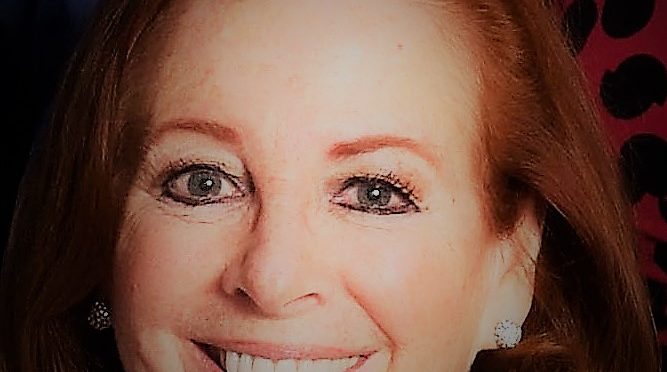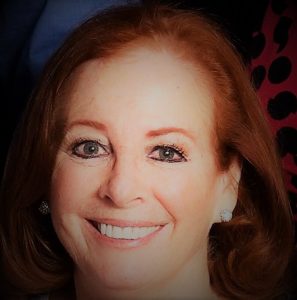
We all need a little help every now and then, and sometimes it comes from the most unexpected places. It might be the Walmart employee who wipes down our cart before handing it off to us, or the hardware store salesperson with curbside service so we can buy the shovel to work in our garden, or even a picture like this to lift our spirits.
Let’s face it. Times are tough…uncertain…maybe even a tad bit discouraging. Chances are, if you’re like me, a little spirit-lifter won’t hurt.
But before we get to that, maybe we need to understand where discouragement comes from. The following story explains it well.
It was advertised that the devil was putting his tools up for sale. When the day of the sale came, each tool was priced and laid out for public inspection. And what a collection it was! Hatred, envy, jealousy, deceit or pride…the inventory was treacherous. Off to one side was a harmless-looking tool priced higher than all the rest, even though it was obviously more worn than any other tool the devil owned. “What’s the name of this tool?” asked a customer. “That,” the devil replied, “is discouragement.” The customer asked, “But why have you priced it so high?” The devil smiled and explained, “Because discouragement is more useful to me than all the others. I can pry open and get inside a man’s heart with that tool when I can’t get near him with any other. It’s badly worn because I use it on almost everyone, since so few people know it belongs to me.”
Discouragement does not come from God. It comes from you-know-who, and it shows up in many forms: rejection; impatience; anger; sarcasm; lack of energy; ingratitude; fear; blame, etc. The list is endless. Some people go to bed, put the covers over their heads, and try to sleep it off. Others put on a happy face and play super-Christian. (“Why no, nothing is wrong. Praise God, I’m fine.”). But those who seem to deal with it best understand the source of their discouragement and turn to the One who can make a difference. They find the answer in Ps. 42:11 (MSG)
Why are you down in the dumps, dear soul?
Why are you crying the blues?
Fix my eyes on God—
soon I’ll be praising again.
He puts a smile on my face.
He’s my God.
Our eyes cannot be focused on ourselves and God. When we need a little pick-me-up, it would be nice to have someone pull us from the front and push us from the back, like the toddler in the picture. But there’s a better solution: Begin praising God for His goodness and His blessings, an easy thing to do when we realize Who initiates our “lifting.” As Ps. 30:30 says, I will lift You up, O Lord, for You have lifted me up.





